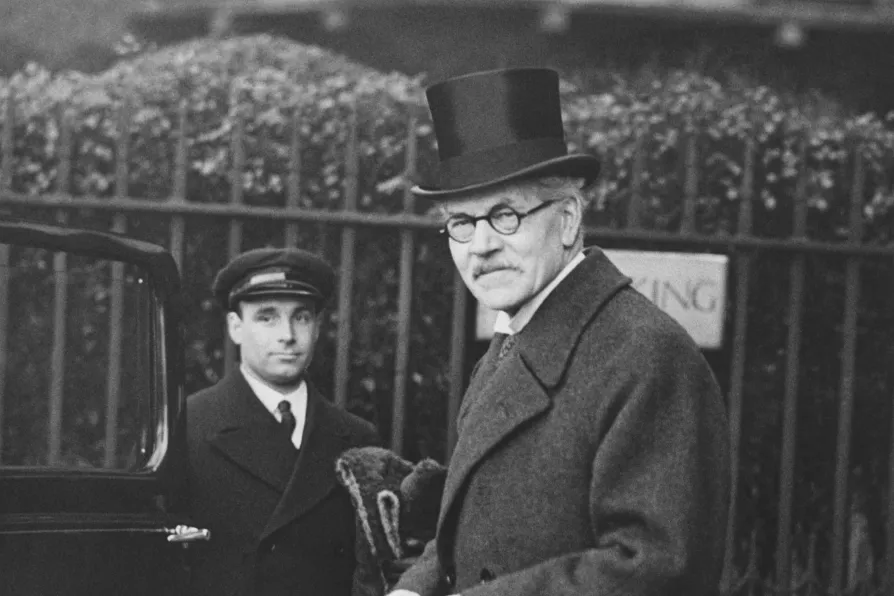Speakers in Berlin traced how Germany’s rearmament, US-led violence abroad and the repression of solidarity at home are converging in a dangerous drive toward war. BEN CHACKO reports

 NO EXAMPLE: Ramsay MacDonald’s compromises damned Labour
NO EXAMPLE: Ramsay MacDonald’s compromises damned Labour
COULD a future prime minister Keir Starmer and chancellor Rachel Reeves follow the disastrous example of Ramsay MacDonald in the crisis of 1931 and go into coalition with the Conservatives?
It sounds unthinkable now, but if Labour does not win a big majority in the next election, and faces ongoing financial difficulties caused by global economic headwinds, a Labour government could be under pressure to cut spending. A minority of MPs from the left of the party could well oppose such moves to assuage the financial markets and vote against them.
Starmer has tried to control the selection of MPs to weed out anyone who would potentially oppose him in office, but that still leaves a number of Labour MPs who could vote against further austerity measures in future.

STEPHEN ARNELL examines whether Starmer is a canny strategist playing a longer game or heading for MacDonald’s Great Betrayal, tracing parallels between today’s rightward drift and the 1931 crisis













